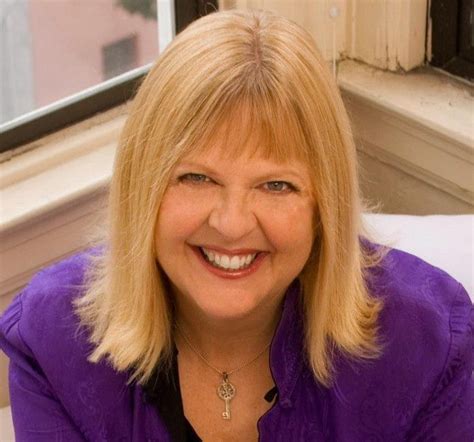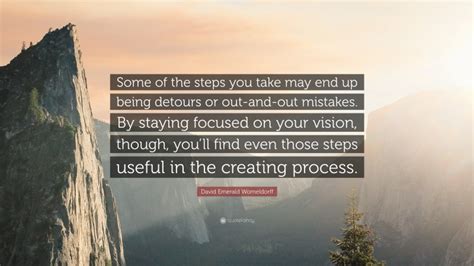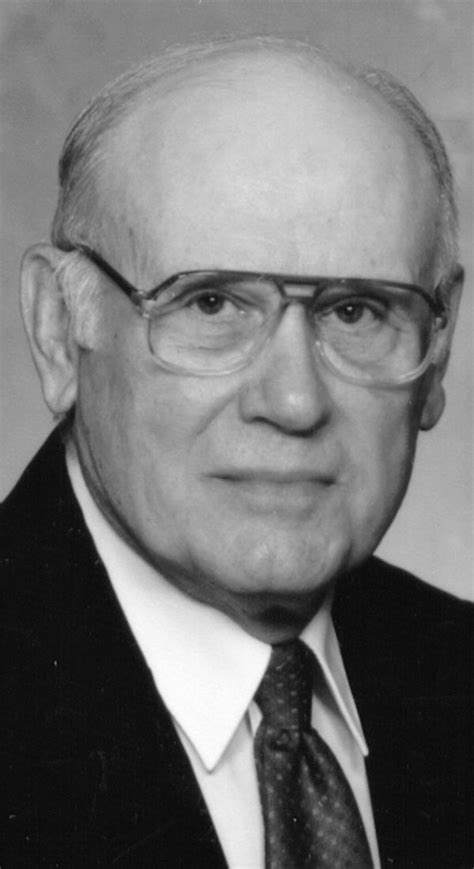A Quote by Sark
Invention is the natural outcome of creative thinking.
Related Quotes
The way you create any outcome in your life is to hold the vision of your deepest desires. At the same time, though, you must honestly and accurately assess your current situation and how it relates to your greater vision. By doing this, you engage tension between what is and what can be. This tension is the primary creative force behind the manifestation of any outcome. It's as natural and powerful as the force of gravity.
Without those forerunners, Jane Austen and the Brontes and George Eliot could no more have written than Shakespeare could have written without Marlowe, or Marlowe without Chaucer, or Chaucer without those forgotten poets who paved the ways and tamed the natural savagery of the tongue. For masterpieces are not single and solitary births; they are the outcome of many years of thinking in common, of thinking by the body of the people, so that the experience of the mass is behind the single voice.
I believe that the creative impulse is natural in all human beings, and that it is particularly powerful in children unless it is suppressed. Consequently, one is behaving normally and instinctively and healthily when one is creating - literature, art, music, or whatever. An excellent cook is also creative! I am disturbed that a natural human inclination [creative work] should, by some Freudian turn of phrase, be considered compulsive - perhaps even pathological. To me this is a complete misreading of the human enterprise. One should also enjoy one's work, and look forward to it daily.
It would be a mistake to ascribe this creative power to an inborn talent. In art, the genius creator is not just a gifted being, but a person who has succeeded in arranging for their appointed end, a complex of activities, of which the work is the outcome. The artist begins with a vision — a creative operation requiring an effort. Creativity takes courage.
































